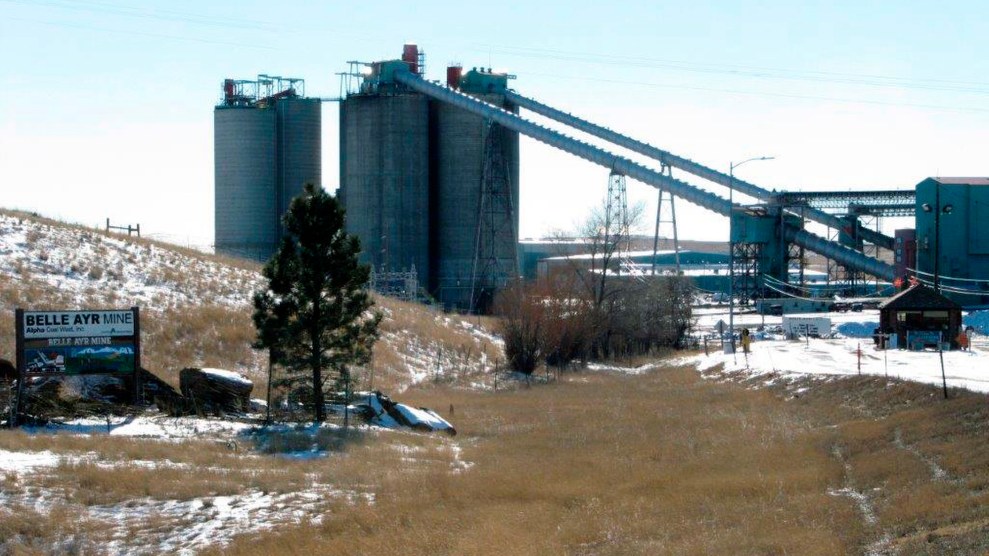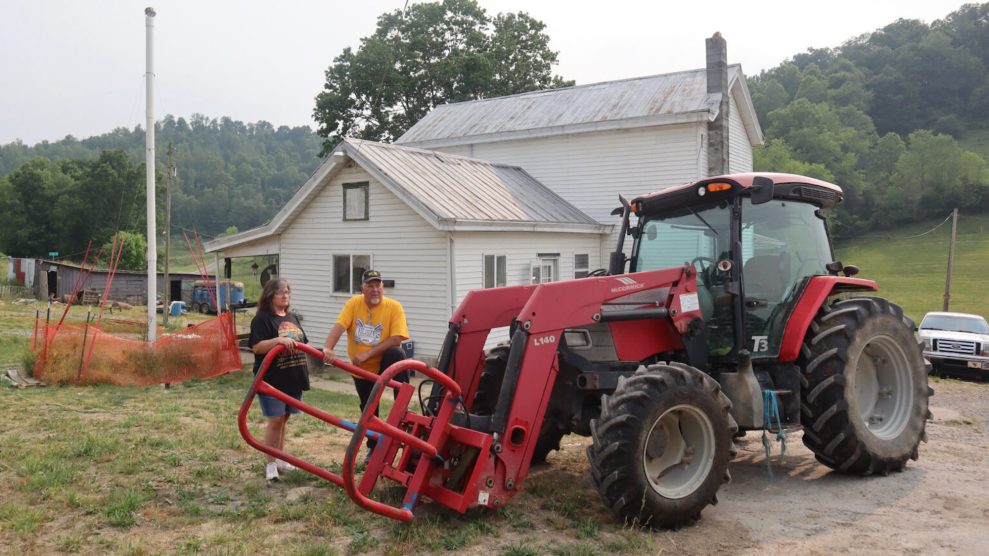
Aaron Lavinsky/Star Tribune via ZUMA Wir
This story was originally published by The Guardian and is reproduced here as part of the Climate Desk collaboration.
Coal-fired power plants killed at least 460,000 Americans during the past two decades, causing twice as many premature deaths as previously thought, new research has found.
Cars, factories, fire smoke, and electricity plants emit tiny toxic air pollutants known as fine particulate matter or PM2.5, which elevate the risk of an array of life-shortening medical conditions including asthma, heart disease, low birth weight, and some cancers.
Researchers analyzed Medicare and emissions data from 1999 and 2020, and for the first time found that coal PM2.5 is twice as deadly as fine particle pollutants from other sources. Previous studies quantifying the death toll from air pollution assumed all PM2.5 sources posed the same risk, and therefore probably underestimated the dangers of coal plants.
Government regulations save lives, according to the research, which is published in Science, as most deaths happened when environmental standards were weakest and PM2.5 levels from coal-fired power stations highest.
“Air pollution from coal is much more harmful than we thought, and we’ve been treating it like it’s just another air pollutant,” said the lead author, Lucas Henneman, an assistant professor in the Sid and Reva Dewberry Department of Civil, Environmental, and Infrastructure engineering at George Mason University. “This type of evidence is important to policymakers like EPA [the US Environmental Protection Agency] as they identify cost-effective solutions for cleaning up the country’s air, like requiring emissions controls or encouraging renewables.”
Henneman led a group of researchers who used publicly available data to track air pollution— and its health effects—from the 480 US coal power plants that operated at some point between 1999 and 2020. A model was used to track the wind direction and reach of the toxins from each power station. Annual exposure levels were then connected with more than 650m Medicare health records that covered most people over age 65 in the US.
The coal plants associated with most deaths were located east of the Mississippi River in industrialized states like Ohio and Pennsylvania, where power stations were historically constructed close to population hubs. But every region had at least one plant linked to 600 deaths, while 10 were associated with more than 5,000 deaths across the study period.
About 85% of the total 460,000 coal plant-related deaths occurred between 1999 and 2007, an average of more than 43,000 deaths per year. The death toll declined drastically as plants closed or scrubbers—a type of sulfur filter—were installed to comply with new environmental rules. By 2020, the coal PM2.5 death toll had dropped 95%, to 1,600 people.
“By linking records of where Medicare beneficiaries lived and when they died, we found that risks due to PM2.5 from coal were more than double the risks related to PM2.5 from all sources,” said co-author Francesca Dominici, a professor of biostatistics, population, and data science at the Harvard TC Chan School of Public Health.
Coal use has declined in the US, but there are still more than 200 coal-fired power plants, accounting for 20% of electricity generation in 2022, according to the US Energy Information Administration (EIA). Indiana, Kentucky, and Texas have the most operational coal plants, followed by Illinois, Missouri, and Pennsylvania.
Globally, coal-generated power is still rising, with South Africa, China, India, and Poland among the countries most dependent on the dirtiest of fossil fuels.
“As countries debate their energy sources—and as coal maintains a powerful, almost mythical status in American energy lore—our findings are highly valuable to policymakers and regulators as they weigh the need for cheap energy with the significant environmental and health costs,” said Dominici.
















